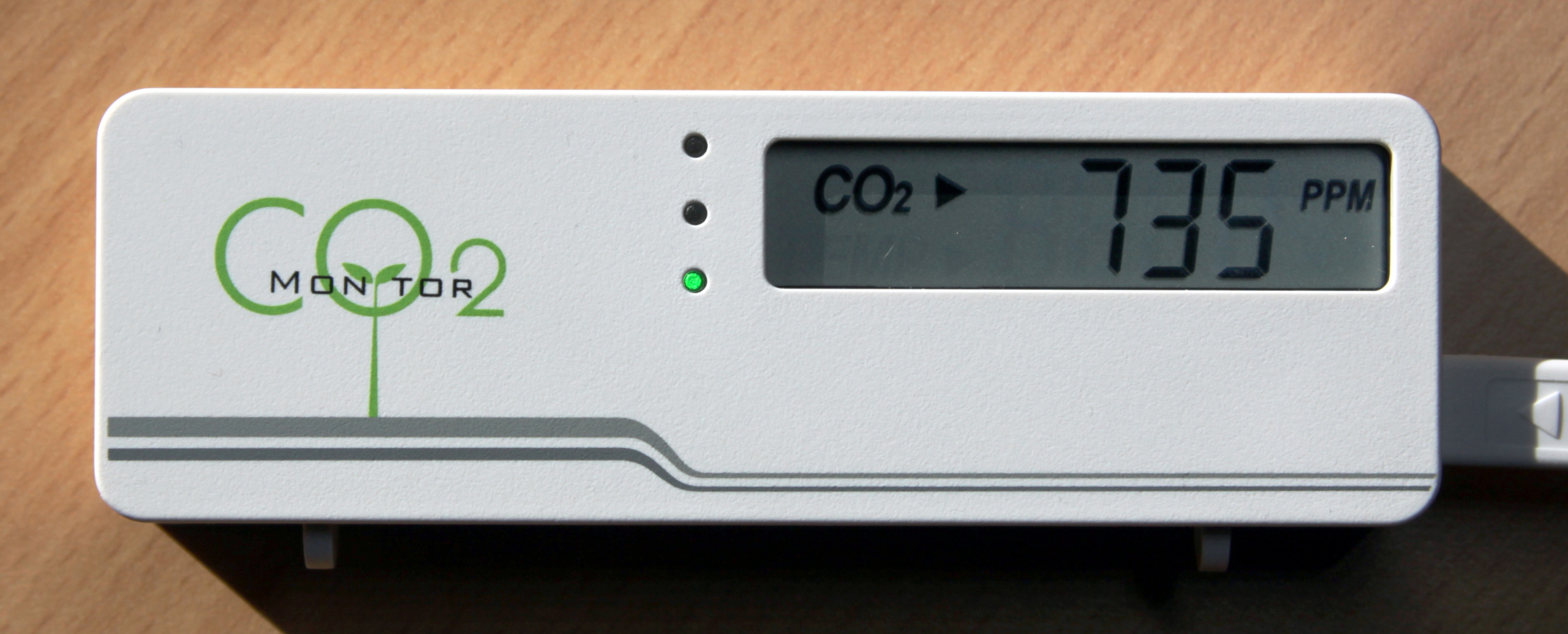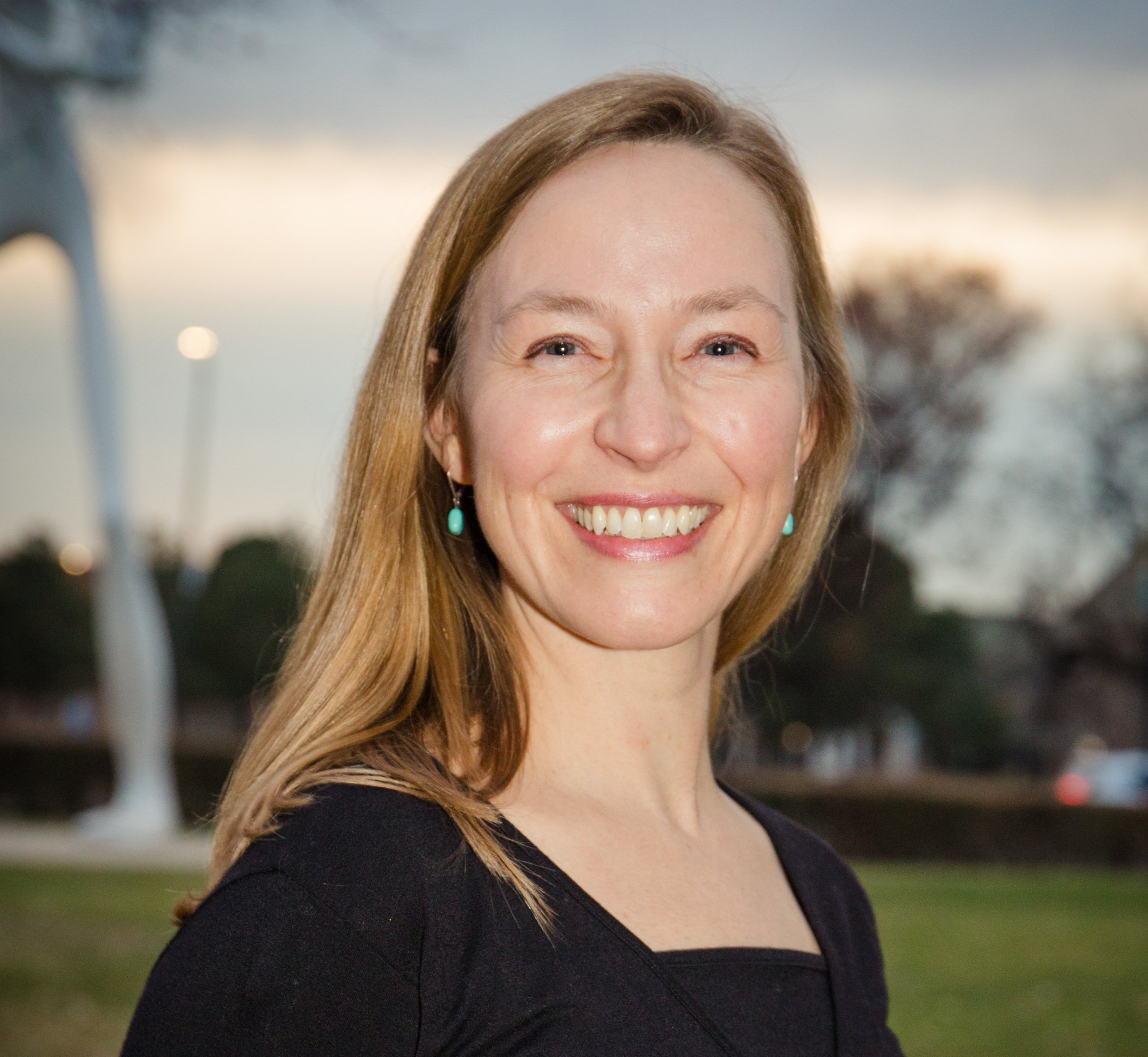
What are the 2024 Colorado ozone bills?
With harmful levels of air pollution each summer along the Front Range, Colorado legislators are considering bills to cut ozone and clean up our air.
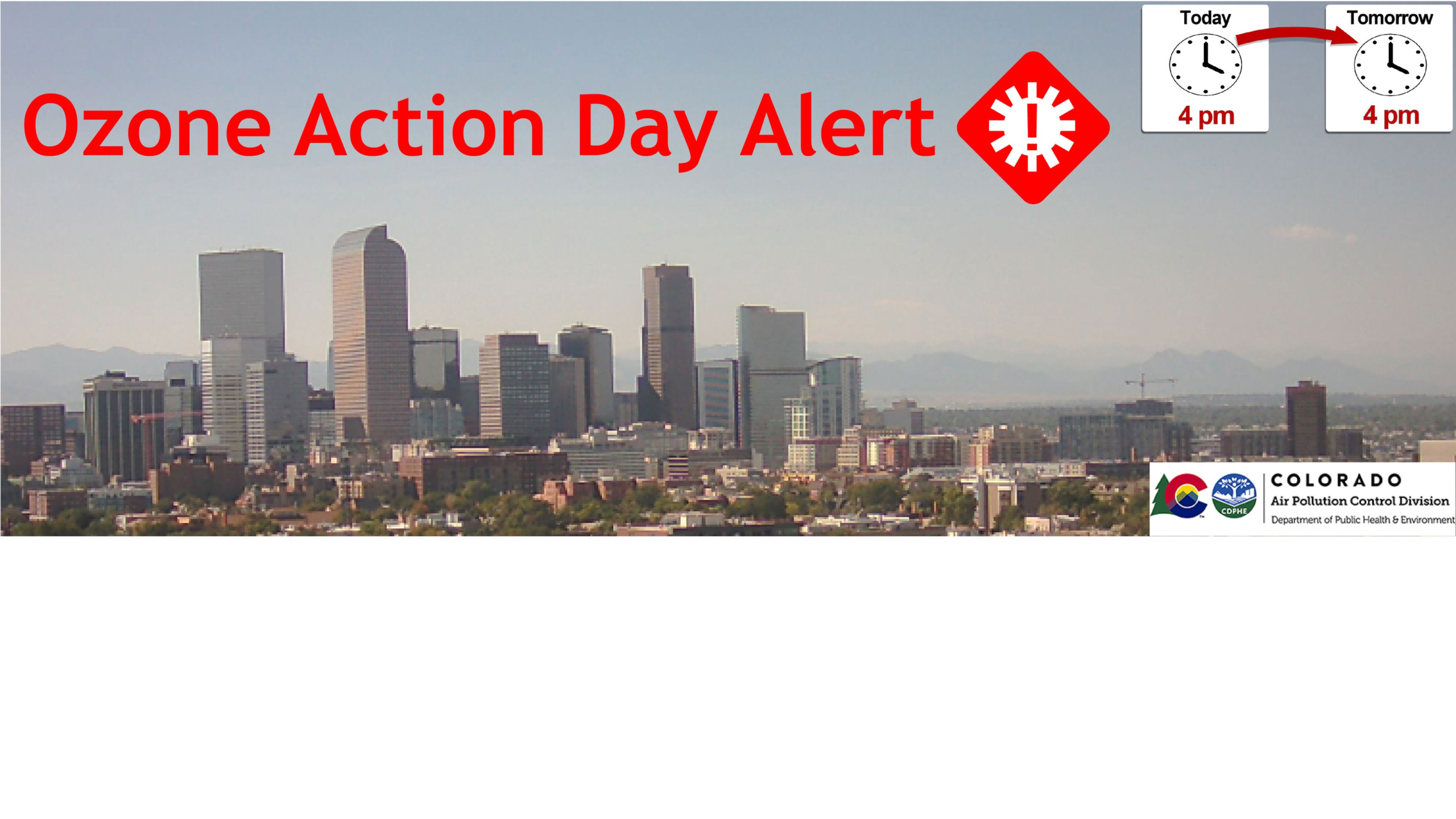
For the millions of people living along Colorado’s Front Range, unhealthy air due to ozone and other forms of air pollution has become a fact of life.
From 2021 and 2023, this region experienced 159 “ozone action alert days”, mostly in the summer months when long, sunny days and warmer temperatures contribute to higher levels of ozone pollution in our air. Those are days when we are told it may be unhealthy to be outside or participate in physical activity. That’s 159 days too many.
What are Colorado lawmakers doing to cut ozone pollution?
In response, a number of Colorado legislators have introduced bills in 2024 to address the ozone air pollution plaguing our state.
Three of the Colorado ozone bills, House Bill 1330, Senate Bill 165 and Senate Bill 166, are the result of the Legislative Interim Committee on Ozone Air Quality.
The dozen legislators who served on the committee last year heard from scientists, industry representatives, impacted community members, state air quality leaders and air quality advocates about the nature of Colorado’s ozone problem so that they could better recommend the right solutions to address the problem.
What is ozone pollution and why does Colorado need to act now?
Legislative action is necessary because we have a serious ozone problem in Colorado. Ground-level ozone forms when nitrogen oxides (NOx) and volatile organic compounds (VOCs) combine chemically in the presence of sunlight. Exposure to ozone can cause harmful health effects including lung damage, worsening of existing respiratory conditions such as asthma, and even cardiovascular disease.
In recent years, the Denver Metro/North Front Range region – from Douglas County north through Larimer and Weld Counties – has suffered from some of the highest ozone pollution in the country.
These high ozone levels mean the region is failing to meet the national health-based air quality standards for ozone – and that Coloradans’ health is at risk. In 2022, the EPA reclassified the region from “serious” to “severe” violation of the Clean Air Act.
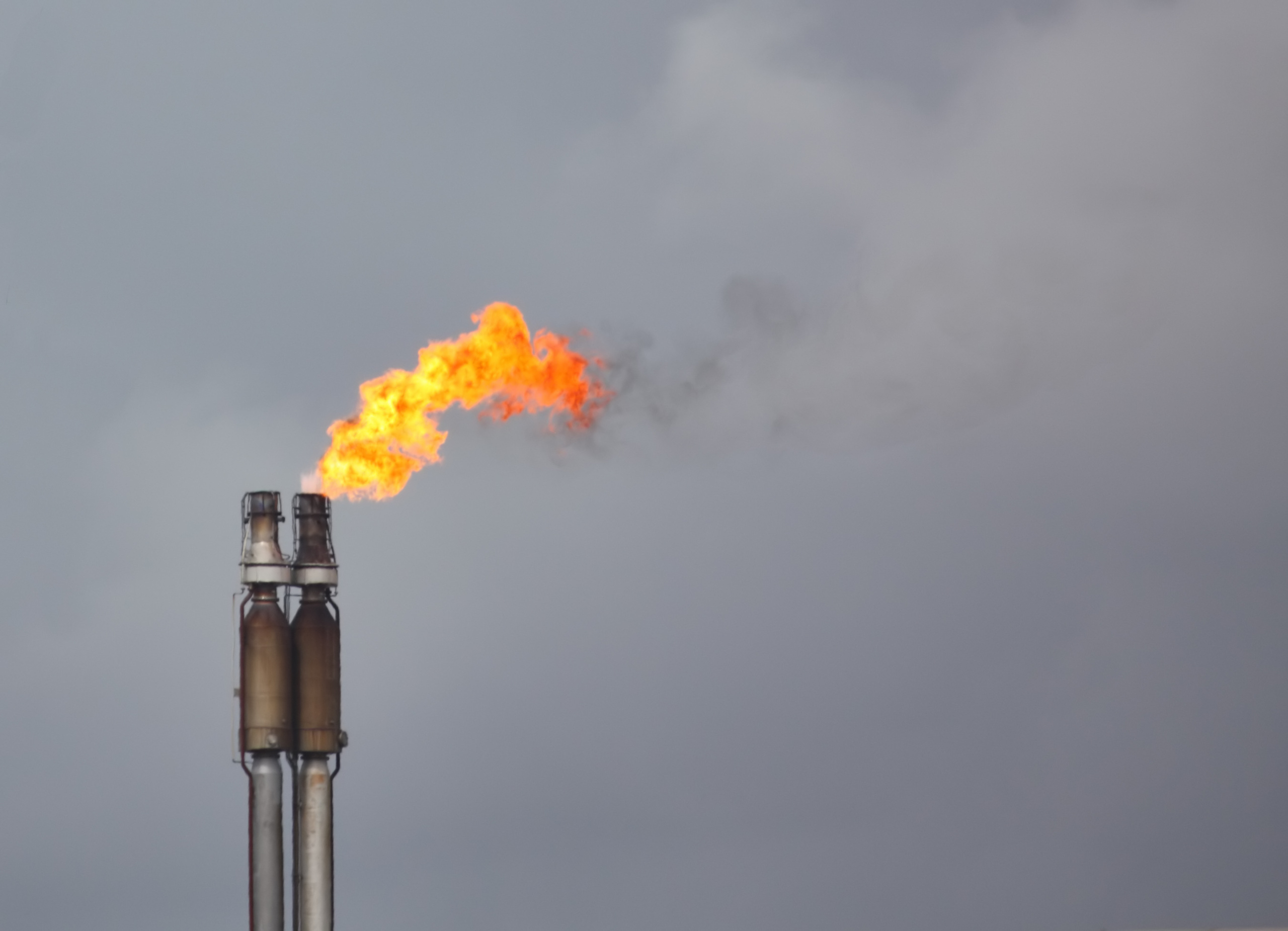
What will the Colorado ozone bills do?
HB24-1330 – Air Quality Permitting will bring much-needed reforms to the way Colorado considers and approves permits for newly-proposed sources of air pollution.
Our air is already severely polluted: the last thing we should do is allow new sources of air pollution that make the problem worse. Unfortunately, that’s happening on a regular basis.
If you want to build something that might add new pollution in this region, you should demonstrate you won’t make our air pollution problem worse. That’s exactly what HB 1330 will require.
HB 1330 also ensures:
- A company can’t begin drilling a new oil and gas site until it has an approved air permit.
- All the air pollution an oil and gas company produces from trucks and vehicles and drilling or fracking engines as they prepare a site for production will be included in their air pollution permit application. Currently, permits only account for air pollution that happens once the oil or gas is flowing from a well.
- All the equipment that’s a part of a single oil and gas operation will be accounted for in a single air permit instead of many permits for smaller pieces of equipment that. Taken alone, these separate, smaller permits can make it seem like the whole operation will generate less air pollution than it actually will.
- We will stop new sources of emissions in areas that already have high levels of pollution.
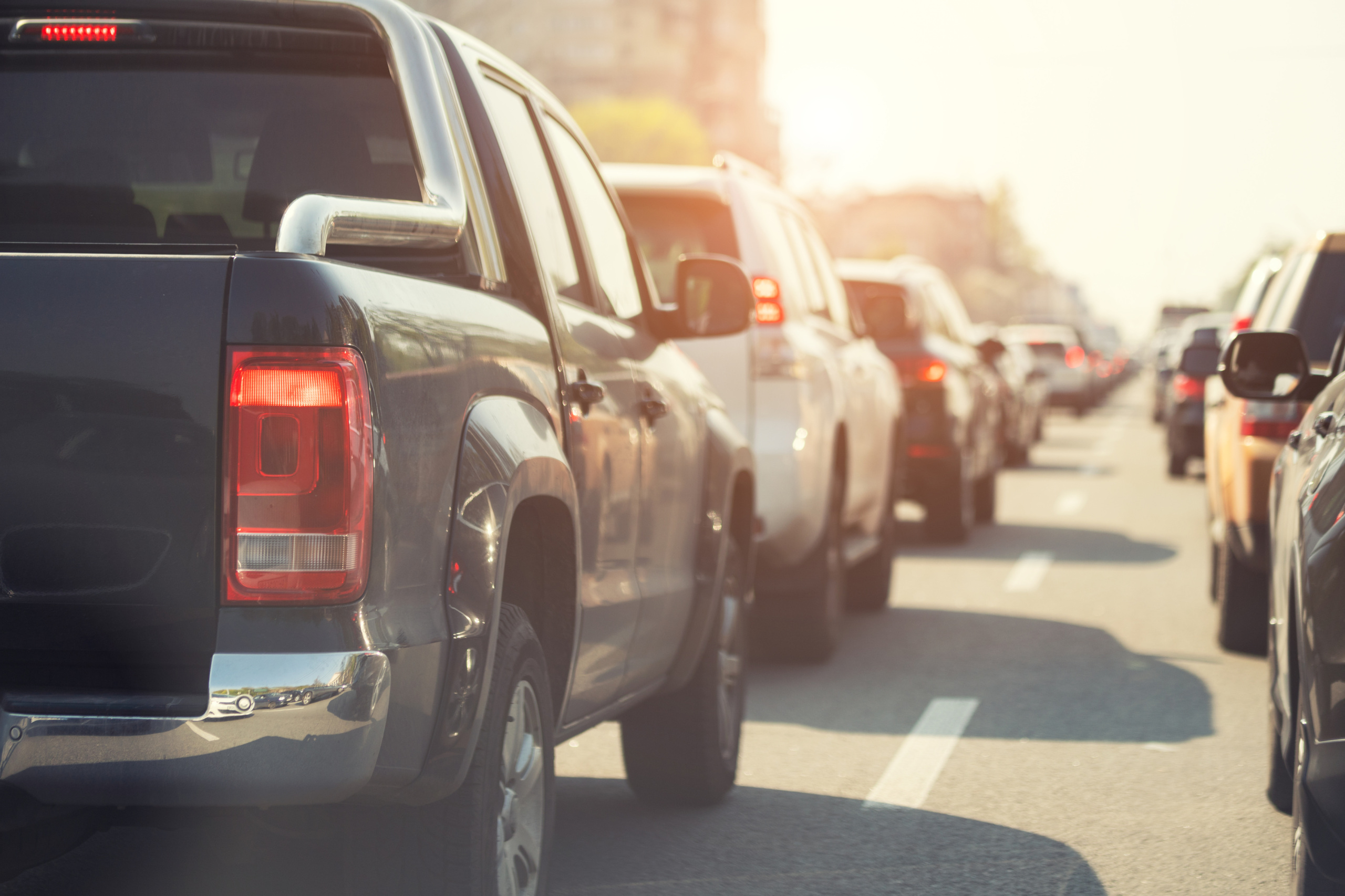
SB24-165 – Air Quality Improvements Because there are so many different sources of the nitrogen oxides and volatile organic compound emissions that create ozone pollution, we need a variety of measures to make sure we can get the job done and clean up our air. SB165 tackles sources of ozone from transportation, warehouses and oil and gas.
- It will improve transparency by creating a new, publicly accessible database for oil and gas air emissions.
- It will require a pause on non-electric oil and gas drilling during the summer months when the concentrations of ozone in our air often spike to unhealthy levels. Oil and gas from existing wells will keep flowing, this is just about pausing new developments for a few months when our air quality is the worst, in order to protect public health.
- It will put into place the goals and process to get Colorado on track to cut NOx and VOC emissions from the transportation sector.
- It will require state air quality leaders to make a plan to figure out how to cut pollution associated with ‘indirect” sources, such as heavy duty truck traffic associated with new warehouses.
- It will put Gov. Polis’s bold goal to reduce nitrogen oxide emissions from the oil and gas sector by 50% by 2030 into law.
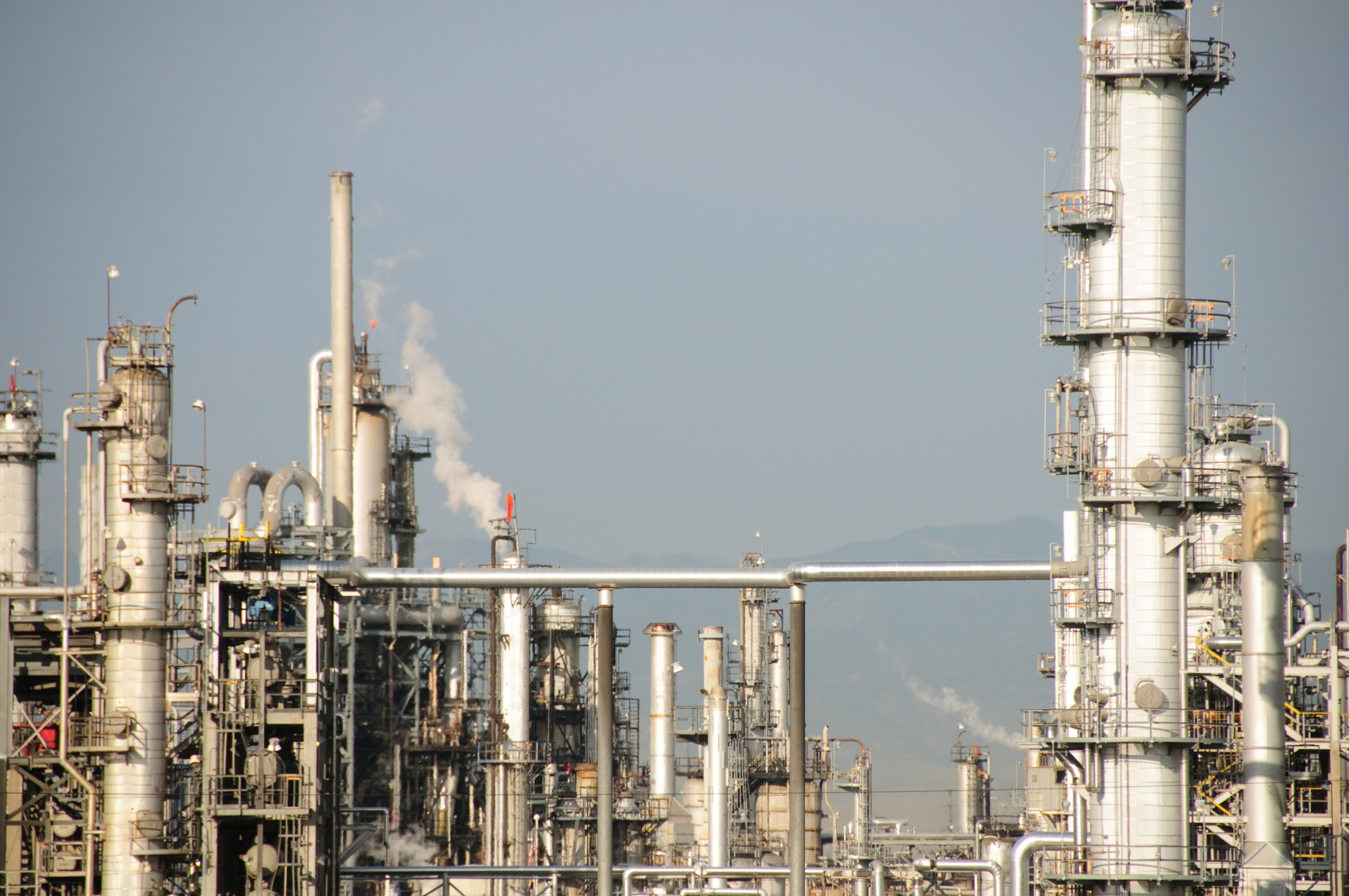
SB24-166 – Air Quality Enforcement will bring much-needed teeth to better enforce our state’s existing air quality laws.
Right now, companies emit pollution over the legal limit. Too often, they get away with no more than a small fine and a slap on the wrist.
The penalties for repeatedly violating our air quality laws should be high enough to get these polluters to stop polluting. That’s exactly what this bill does: it increases both the maximum and the minimum fines for companies who repeatedly break the law by polluting our air.
This bill will also allow the public to enforce air quality laws if the state fails to do so – joining 26 other states that already have such community enforcement laws on the books. People should not have to rely on the government to protect them. Citizens should have the ability to protect themselves from environmental harm even when the state may not have the resources to protect them in all cases.
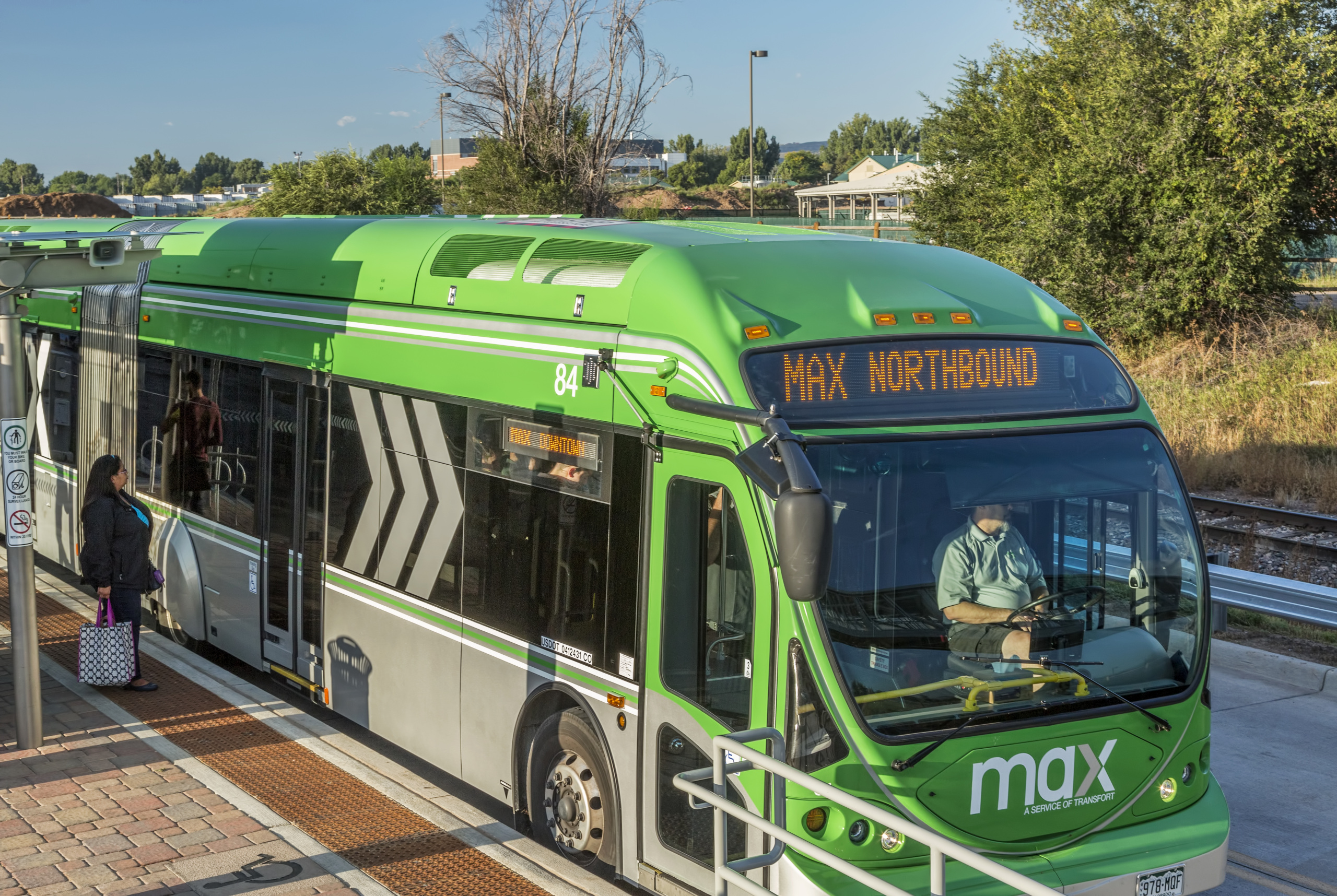
SB24-032 – Methods to Increase the Use of Transit will continue funding free transit periods during the summer ozone season, as well as fund year-round free transit fares for children and youth.
One key way to cut air pollution from the transportation sector is to give people more choices for getting around than always having to hop in a personal vehicle. More cars and trucks on our roads mean more traffic – and more tailpipe emissions.
One of the goals of this bill is to make it easier for people to hop on the bus or train so we can increase transit ridership and reduce harmful ozone-forming pollution from tailpipes during the heart of our summer ozone season. And it works: data from recent years shows that zero fare programs have indeed increased transit ridership.
Topics
Authors
Kirsten Schatz
Clean Air Advocate, CoPIRG
Kirsten joined CoPIRG's staff in 2022 and is focused on fighting for clean air for Coloradans and transforming transportation systems. Previously, she oversaw The Public Interest Network's efforts to engage alumni/former employees and volunteers in the network's work, specializing in communications and organizing events in dozens of cities. Kirsten lives in the Denver area with her husband and two children, where she is an avid hiker, biker, church choir member and gardener.
Find Out More

A look back at what our unique network accomplished in 2023
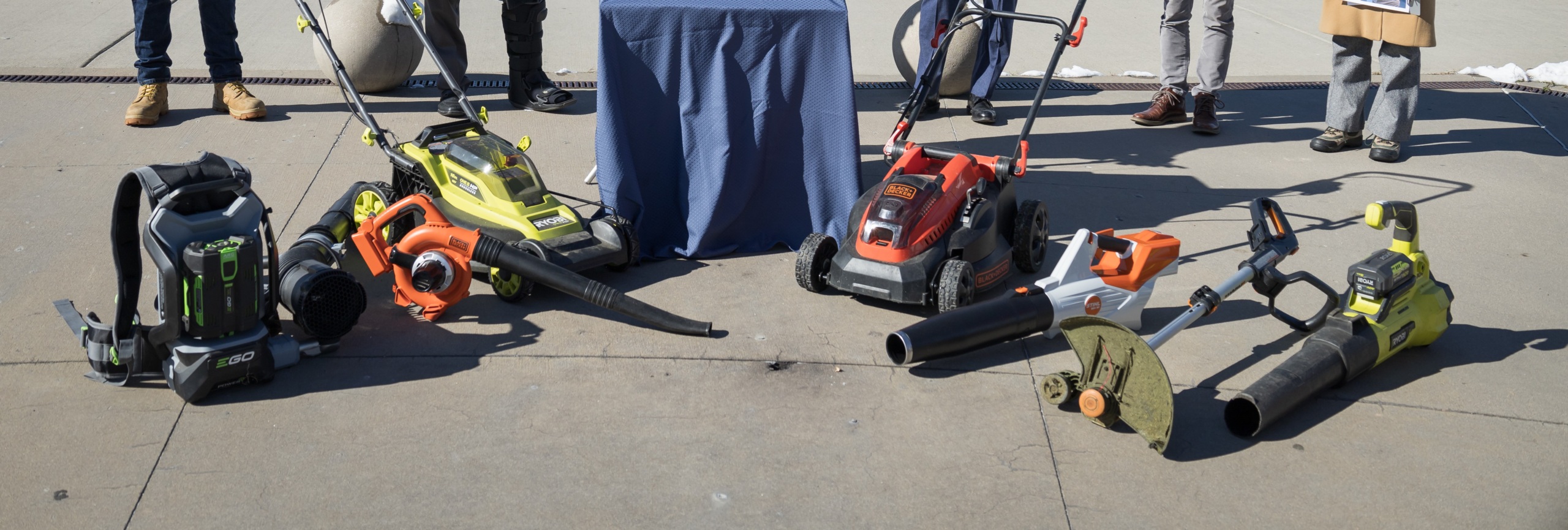
Lawn care goes electric
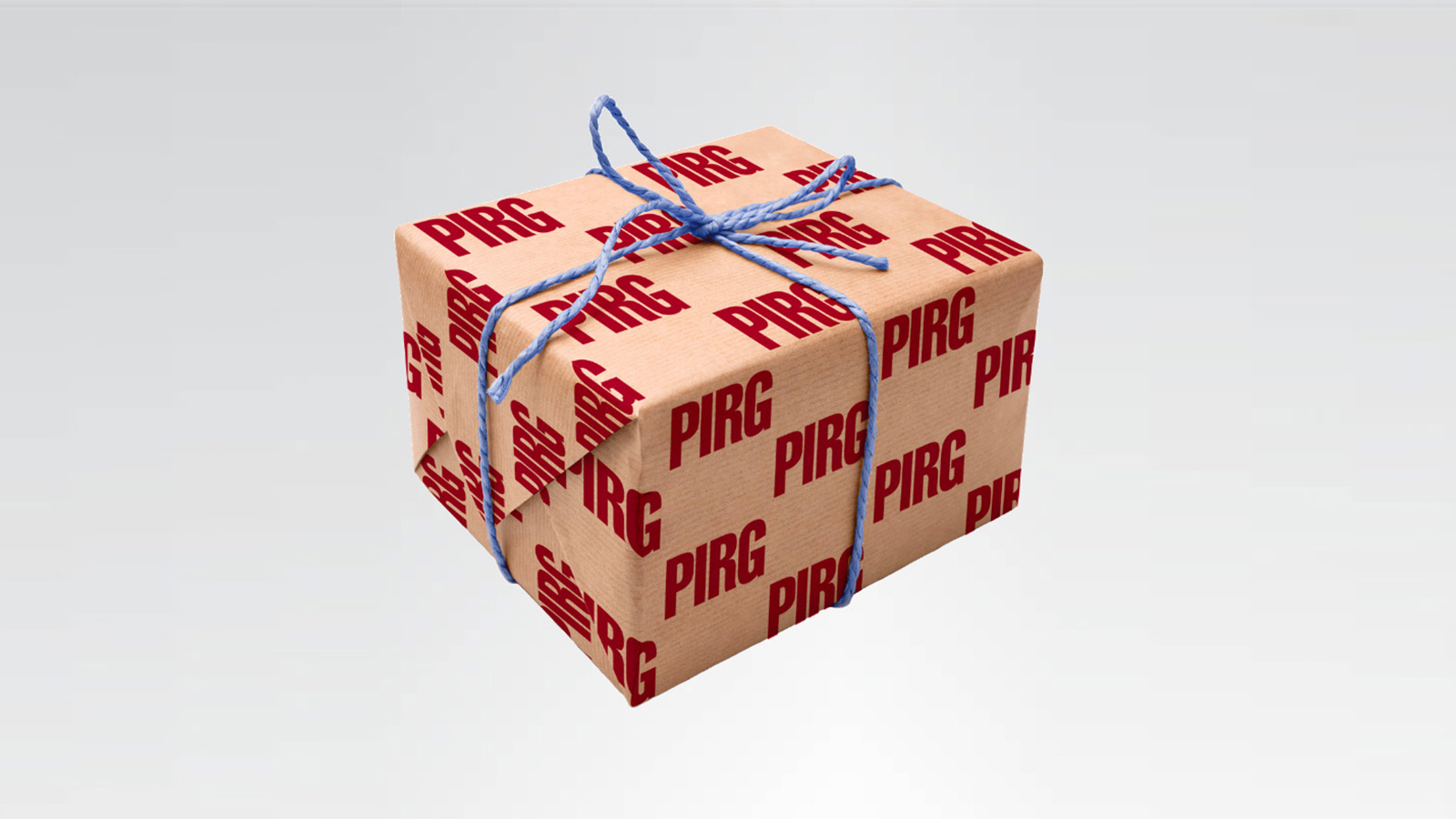
TexPIRG fall update
